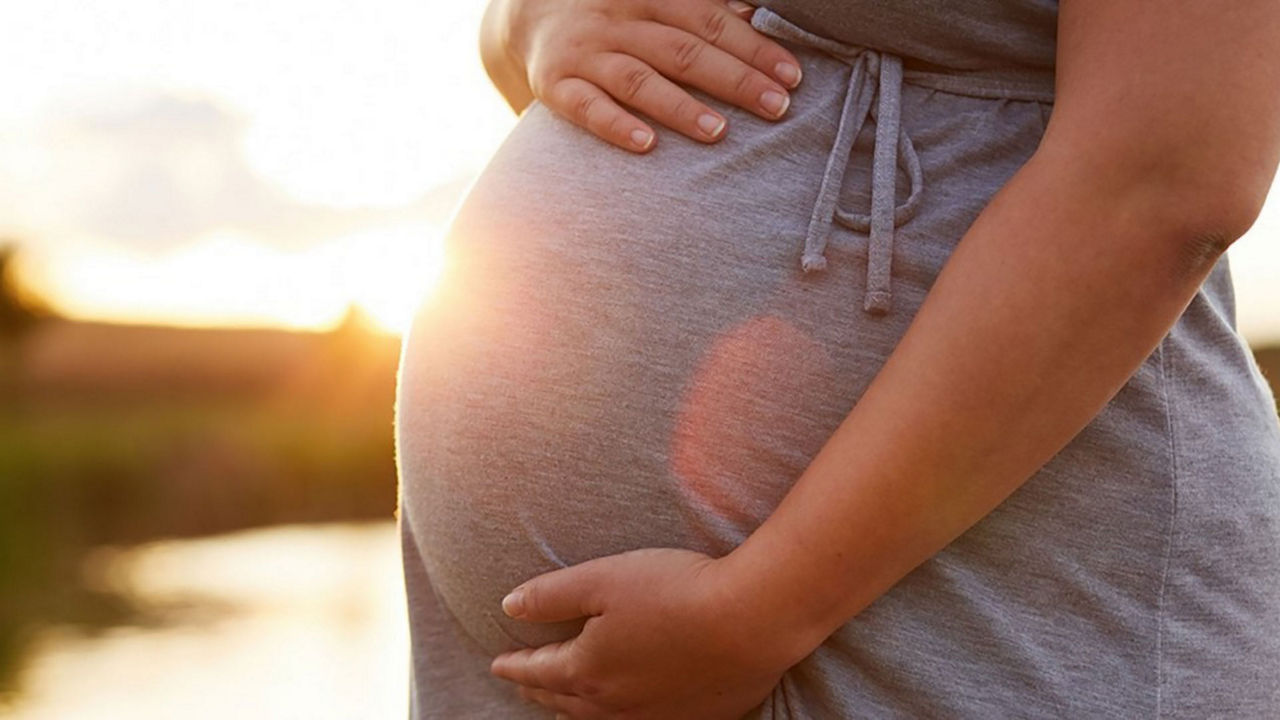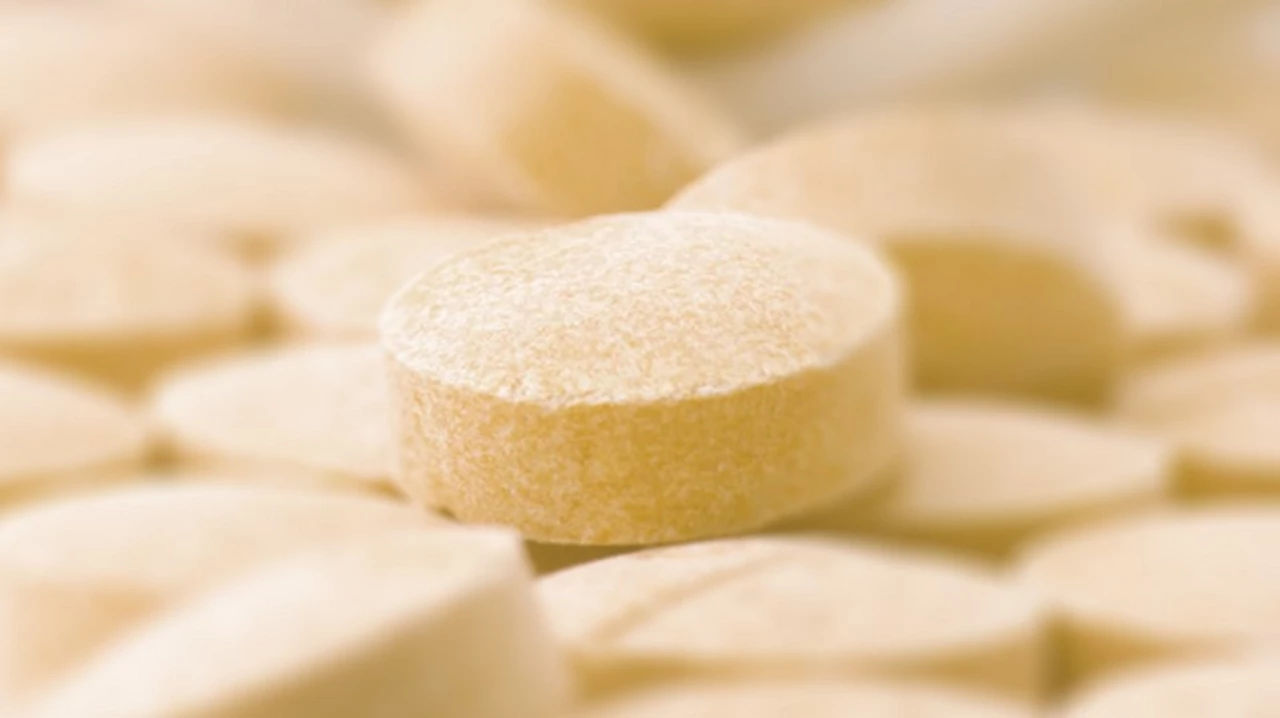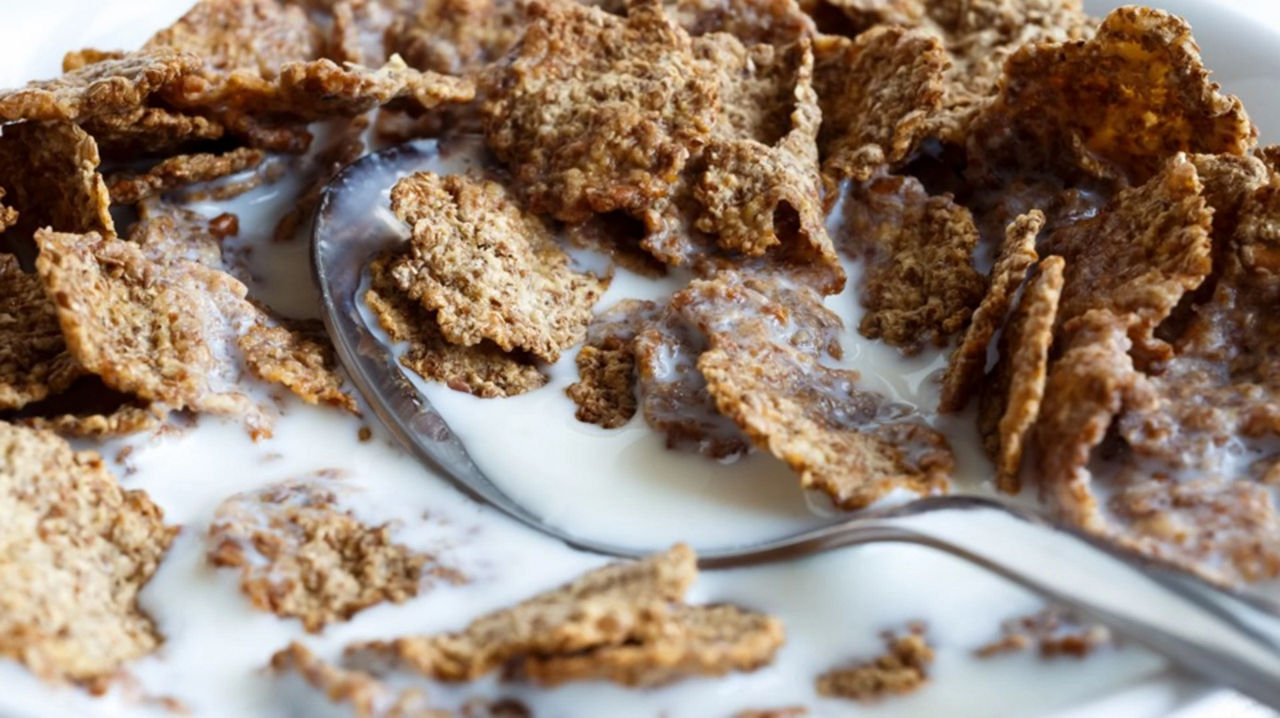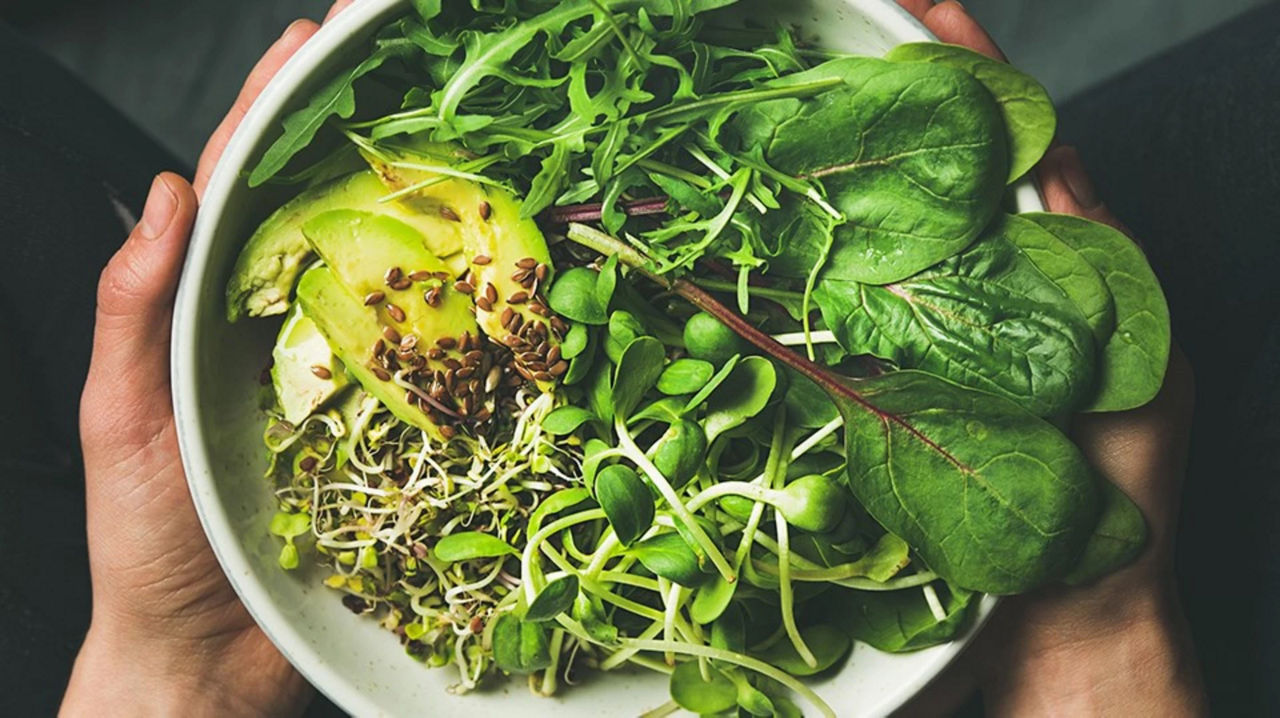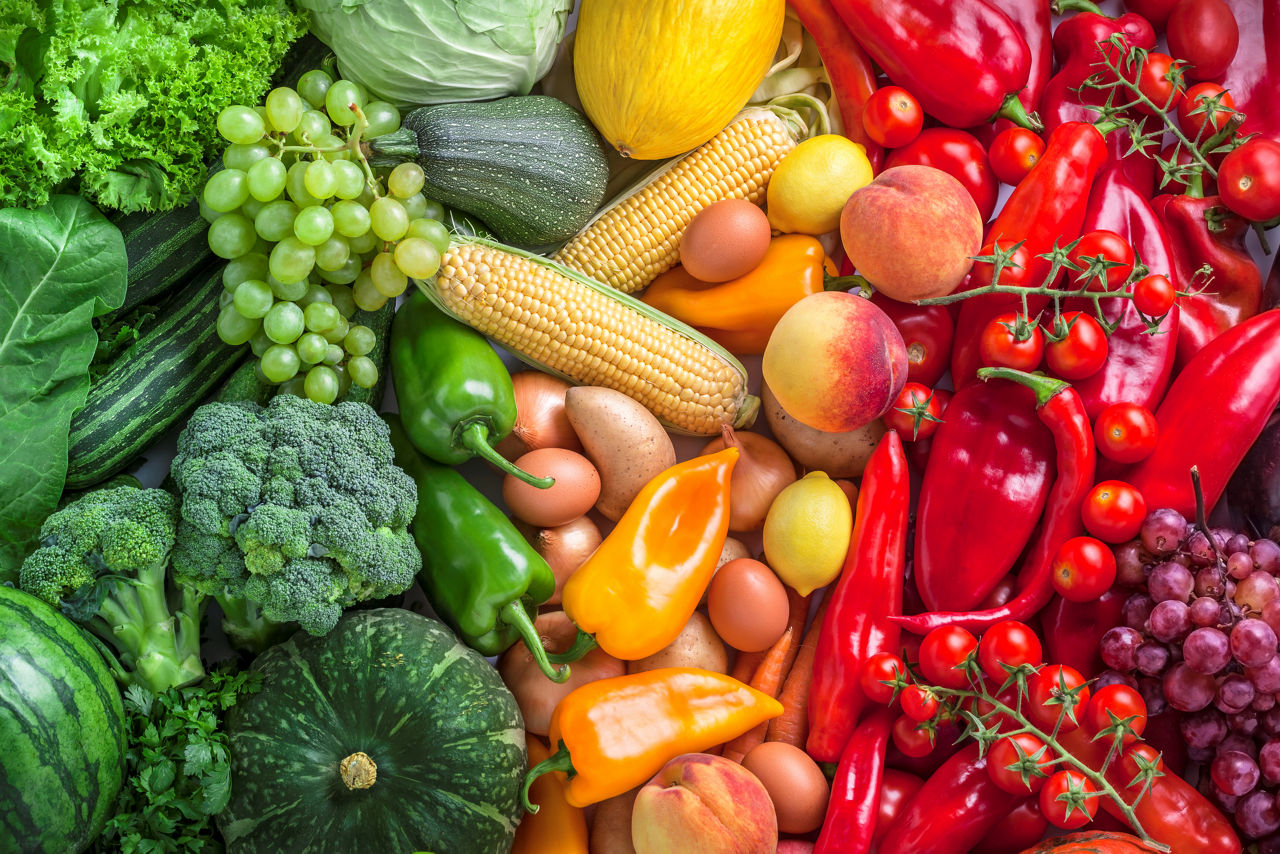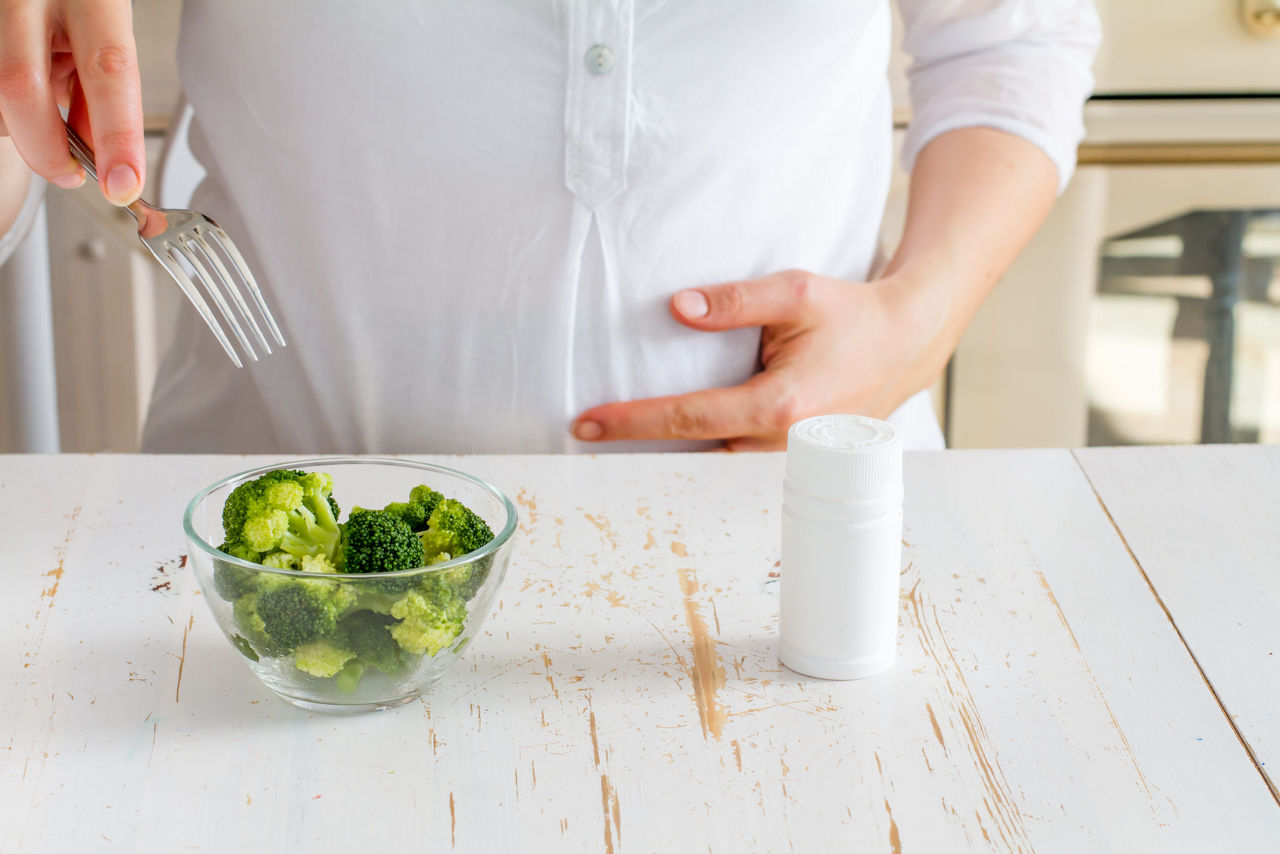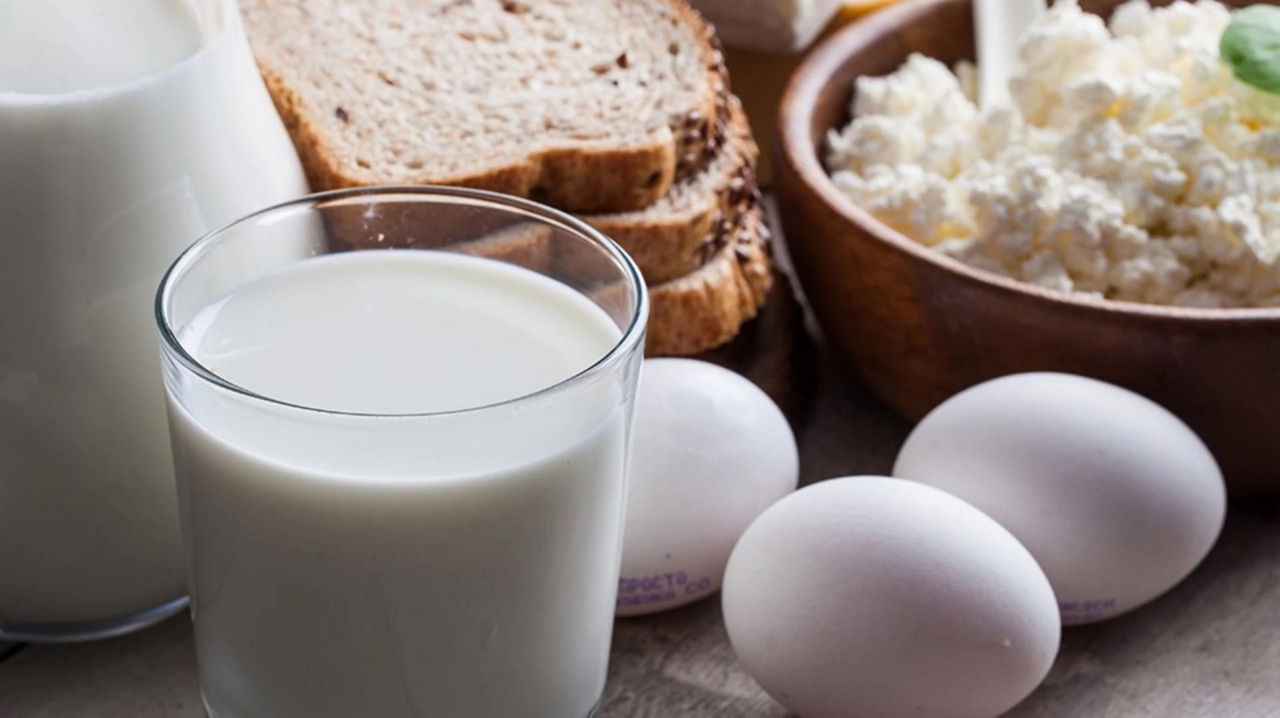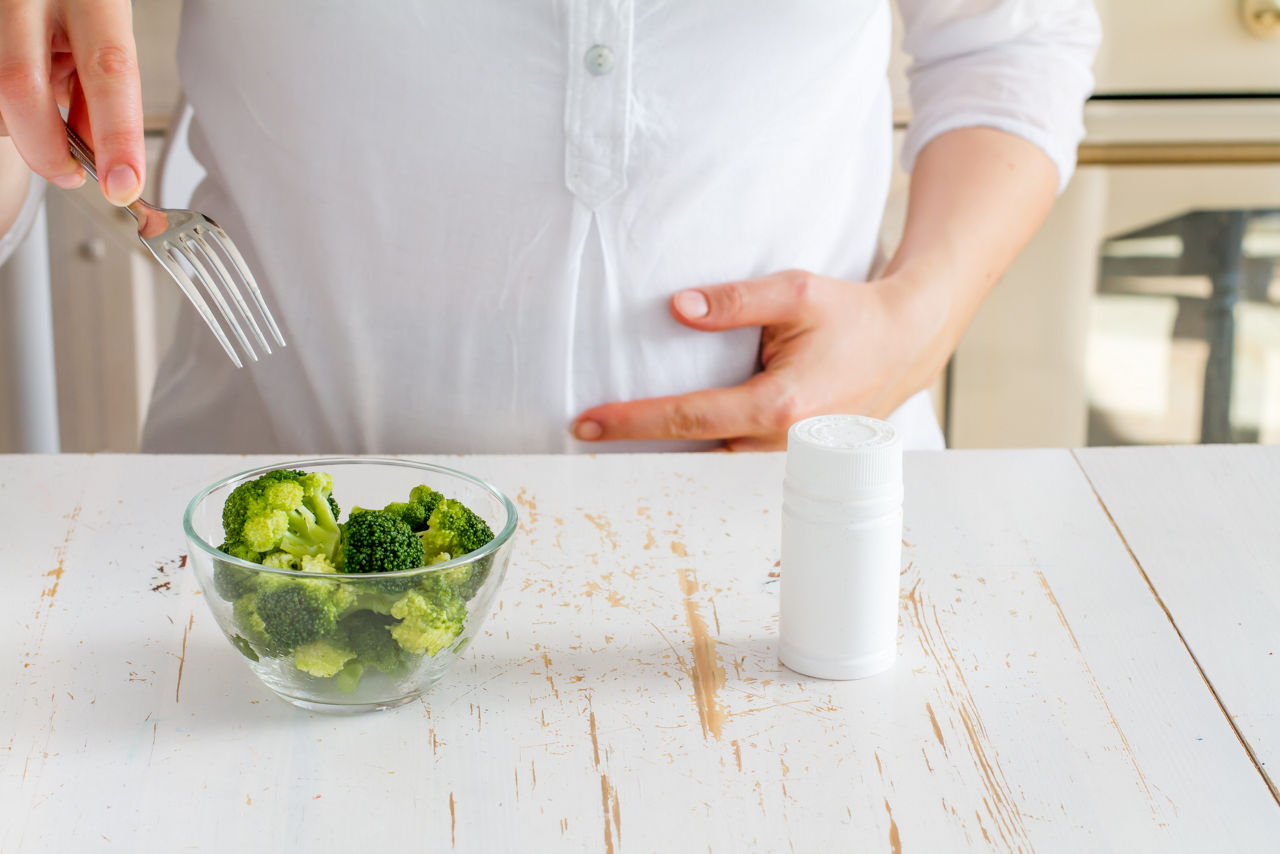However, the latitude of Ireland means the rays are only strong enough during the summer months. Even then, your exposure is likely to be patchy, with various factors at play, including cloud cover, the use of sunscreen, the time of day you go outside, the natural pigmentation of your skin and the coverage you get from your clothes. From October until April, the body relies on any reserves left over from the summer and once these have been used up, other sources are required to maintain an adequate supply.
A few foods provide vitamin D, but these are limited. Oily fish, egg yolks and fortified foods are among the few dietary sources. In Ireland many people find it difficult to get significant amounts from food alone.
Because of this, it’s recommended that all pregnant and breastfeeding women take a vitamin D supplement of 5 micrograms per day. This amount will provide enough for your own needs and help to build the stores your baby needs for the first 6 months of life.
